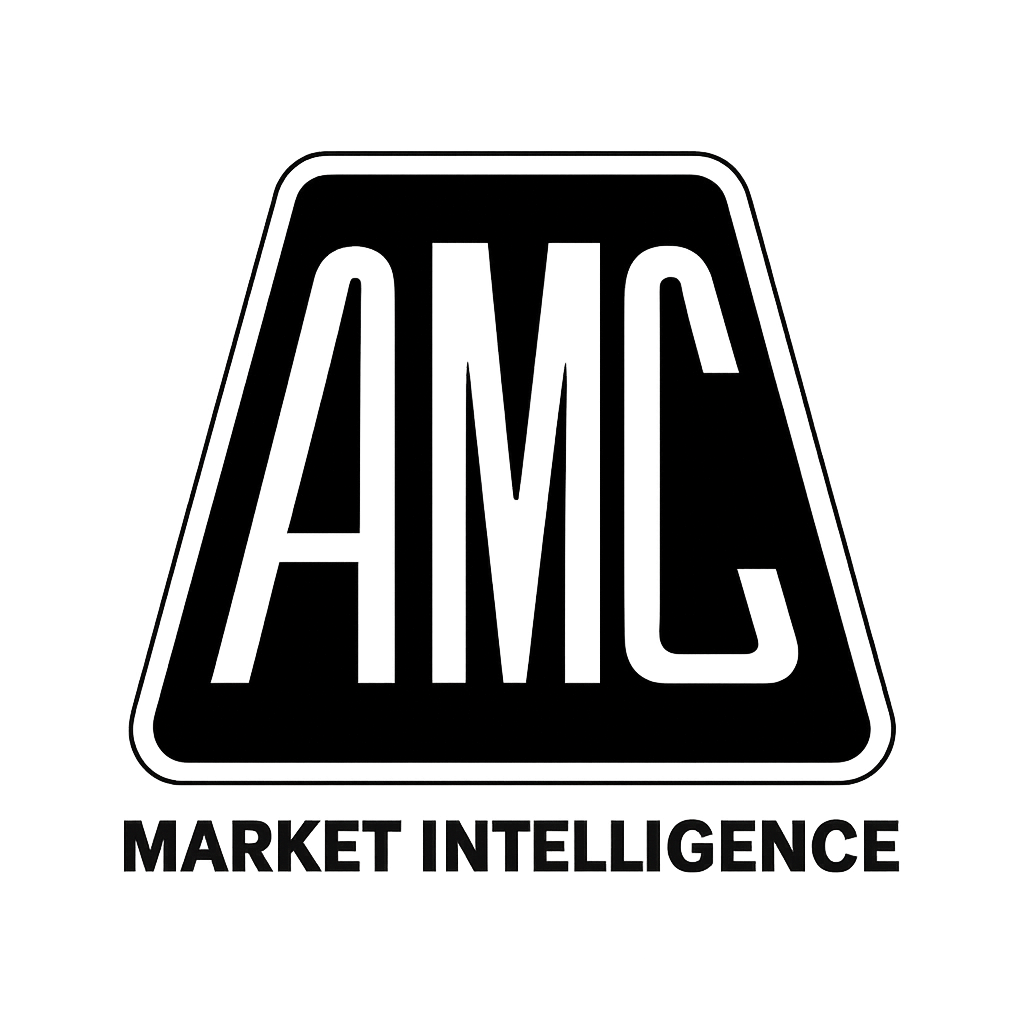
Macro and Policy Backdrop
Markets are digesting a notable diplomatic shift following the White House meeting
between President Trump, President Zelensky, and key European leaders. Trump has now
signalled support for a direct Zelensky–Putin dialogue, laying the groundwork for a trilateral
summit. German Chancellor Merz suggested such a meeting could occur within two weeks.
This emerging peace calculus has already rippled through global markets. Oil prices eased,
with Brent and WTI retracing lower, as traders weighed the potential return of Russian crude
in the event of a ceasefire. For industrial metals, the disinflationary impulse from cheaper
energy sits in contrast to tariff-driven cost pressures, creating a complex backdrop for the
Federal Reserve’s September policy debate. The combination of shifting geopolitical risk,
evolving trade policy, and macro uncertainty continues to frame investor sentiment across
commodities.
Copper Market Structure
COMEX copper inventories remain elevated, with the latest reported level at 241,466 metric
tons. In the aftermath of unexpected U.S. tariff policy announcements, the forward curve
remains sufficiently in contango to support “full carry” economics, estimated at roughly
$40–50 per metric ton ($0.02/lb) per month when factoring in storage and financing costs.
The incentive for metal to move from COMEX back into the LME system is unlikely to gain
traction unless a discount of $300–400/mt emerges, according to trader estimates.
Concentrate Supply and TC/RC Movements
Treatment and refining charges (TC/RCs) have improved from the low levels seen earlier in
2025 but remain meaningfully negative. The shift is largely attributed to prompt units
entering the market, with reports of 60–80 kt available in August and September, boosted
by additional concentrate supply diverted due to Indonesian smelter issues at Gresik.
Expectations are that the underlying concentrate market will stay structurally tight, even if
prompt availability temporarily eases pressure.
Supply Dynamics: Chile and Beyond
A major new disruption emerged at El Teniente, one of the world’s largest underground
copper mines, which was halted on July 31 following a seismic event that killed six workers
and injured nine. The tremor affected a newly developed zone known as Andesita, and
regulators are requiring a comprehensive review before full operations resume.
Codelco has now received approval for a partial restart, though uncertainty remains over
when the mine can fully return to capacity. El Teniente typically accounts for about a
quarter of Codelco’s output, so prolonged curtailments could tighten global supply at a
time when the market is already sensitive to disruptions.
Positioning
The latest CFTC Commitment of Traders report shows net length easing slightly to 33,773
contracts (down 379 w/w). Flows indicate long liquidation outweighed by limited short
covering. Positioning now sits at 49% of its 5-year range, still healthy but with momentum
tilting more bearish as traders digest tariff-related macro risks and shifting supply
narratives.
Aluminium Market Structure
Latest LME aluminum inventories stand at 479,525 mt, with Asia holding the overwhelming
majority (475,425 mt). The stock build is marginal, with +25 mt added in Europe, while Asia
saw small warrant cancellations. The dominance of Asian storage continues to highlight the
regional imbalance in physical aluminum trade and financing.
Positioning
Specs added to net length, which now stands at 98,043 contracts (up +2,471 w/w). This
came despite long liquidation, as short covering dominated. Net length is at 53% of its 5-
year range, which is moderately extended. Interpretation leans bullish, though the pace of
gains appears to be slowing.
Price Action & Narrative
Aluminium has moved lower in the wake of the White House talks, with LME 3-month last at
$2,565/mt, breaking beneath its 200-day average. This marks a significant technical shift,
as the 100-day (~$2,516/mt) now acts as the key downside marker.
The price action underscores how the market is reading the ceasefire narrative primarily
through the supply side. Two factors dominate:
– Looser restrictions on Russian flows could add additional tonnes back into the global
system.
– Lower energy costs from the potential release of Russian crude reduce the risk of smelter
curtailments, supporting higher output.
Unlike copper and nickel, which retain demand-led upside narratives linked to
reconstruction, aluminium is pricing in the supply relief risk most directly. This is reflected
in the break of its long-term moving average, pointing toward near-term bearish momentum
unless new demand catalysts emerge.
AMC Market Intelligence is a trading name in the UK for Amalgamated Metal Trading Limited (Company
Number:00156938), Amalgamet Limited (Company Number: 04005599), AMT Futures Limited (Company
Number: 00696733 ), Keeling & Walker Limited (Company Number: 0014411 ), Mil-Ver Metal Company Limited
(Company Number:01634739), William Rowland Limited (Company Number: 00853661 ) and William Rowland
Metal Fini
shing Limited (Company Number: 00363081 ) (together, the “AMC MI Group”). All the companies listed
are private limited liability companies registered in England and Wales. Amalgamated Metal Trading Limited and
AMT Futures Limited are authorised and regulated by the Financial Conduct Authority of the UK.
This material is provided for general information purposes only and does not constitute professional advice or a
recommendation to act. No reliance should be placed on the contents of this piece when making business,
financial, or other decisions. No representations or warrants of any kind, express or implied, about the
completeness, accuracy, reliability, or suitability of the information contained herein are made by any member
of the AMC MI Group. To the fullest extent permitted by law, each member of the AMC MI Group disclaims all
liability for any loss or damage arising from reliance on this publication or any actions taken in connection with
- This message is a marketing communication, is not investment advice, and is not intended to be relied upon
as the basis for an investment decision. For the purposes of MiFID II, this communication is not in scope for any
MiFID II / MiFIR (Regula on (EU) No 600/2014, and its UK onboarding and onshoring legislation) requirements
specifically related to investment research. Furthermore, it has not been prepared in accordance with legal
requirements designed to promote the independence of investment research.”
